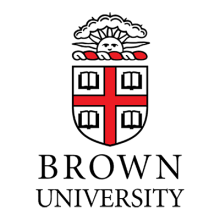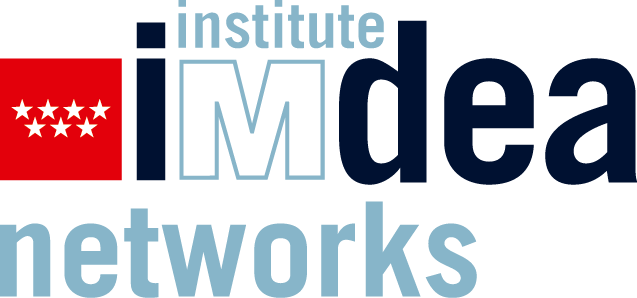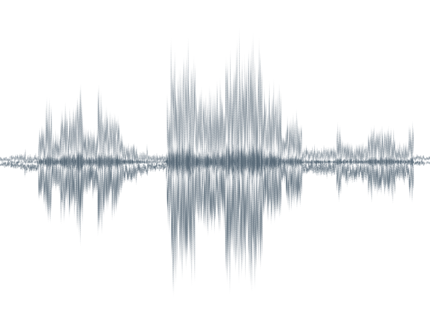Research Groups
Job opportunities
There are currently no job offers in this section.
Partners

Brown University
Providence, Rhode Island, United States
Visit webpage arrow_right_alt
IMDEA Networks Institute
Visit webpage arrow_right_alt


MAESTRO was a project funded by a 2020 Marie Skłodowska-Curie Global Fellowship Action in collaboration with Brown University in the United States. The researcher hired was Augusto García Agúndez and his Supervisor at IMDEA Networks was Antonio Fernández Anta. The project had an initial duration of 36 months but ended early in July 2023.
Strokes are acute medical conditions in which poor blood flow to a part of the brain results in neuronal death. According to the stroke alliance for Europe (SAFE), there were over 600,000 strokes in the EU in 2015. The same study indicates that strokes, as well as their associated medical costs, will significantly increase in the future. Without action, this will immensely exacerbate an existing problem. Worldwide, stroke is the second most common cause of death, and the leading cause of physical disability.
There are long-term risks associated with stroke: Inability to move, or feel, one side of the body, problems in verbal expression, or loss of vision, among others. Two lines of action must be applied to minimize these long-term risks. Firstly, an urgent intervention in the first hours after the stroke is critical. Secondly, the continuous monitoring during the rehabilitation phase is also critical, to ensure a positive outcome and minimize risks. According to the same SAFE report, only 30% of the survivors receive unit care, and despite its importance, access to rehabilitation and long-term support is a known problem.
The goal of MAESTRO was to explore wearable sensors and deep learning technologies to improve the effectiveness of monitoring during the rehabilitation phase after stroke. The expected result of MAESTRO was an algorithm, combined with sensors, that predicts the response to rehabilitation of stroke patients. Its novelty lies in the use of deep learning techniques and off-the-shelf hardware to predict rehabilitation effectiveness and monitor patient adherence.
The target of MAESTRO was to explore data acquisition and classification procedures and provide meaningful information that could then be sent to neurologists with minimal-to-no intervention on the part of the patient, and no direct intervention by the software developer. This will be used to predict post-stroke outcomes by using novel machine learning algorithms which allow a classification of patients based on their rehabilitation adherence and effectiveness.
In MAESTRO, we explored data sources and sensor methods to monitor stroke patients in order to improve quality of care and outcome prediction accuracy. To do so, we conducted a systematic review of methods and data sources in 3- and 6-month stroke outcome prediction based on the modified Rankin scale (mRS). We observed that free-text notes, processed through pretrained large language models such as ClinicalBERT, show great promise in improving outcome prediction quality with minimal invasiveness. We conducted an early study on the limitations of ClinicalBERT leveraging ICU notes from the publicly available MIMIC-III dataset and found key limitations that should be addressed in the future to make the output for this task clinically actionable. Separately, we acquired a corpus of actigraph data from stroke inpatients that were experiencing delirium. Using extreme gradient boosting classifiers and dynamic time warping, we observed an increase in delirium detection prediction accuracy compared to using other forms of clinical structured data exclusively.
The MAESTRO project has advanced beyond the state of the art in two key areas:
These two advances show great promise to increase quality of care for stroke patients during both the acute and chronic phase of the disease. In the future, we will aim to train large language models across international datasets, leveraging methods such as federated learning and multilingual modeling, to produce highly functional LLMs that will enhance clinical decision support and reduce healthcare spending and documentation burden.

This project has received funding from the European Union’s Horizon 2020 research and innovation programme under Marie Sklodowska-Curie grant agreement No. 101027770.
There are currently no job offers in this section.

